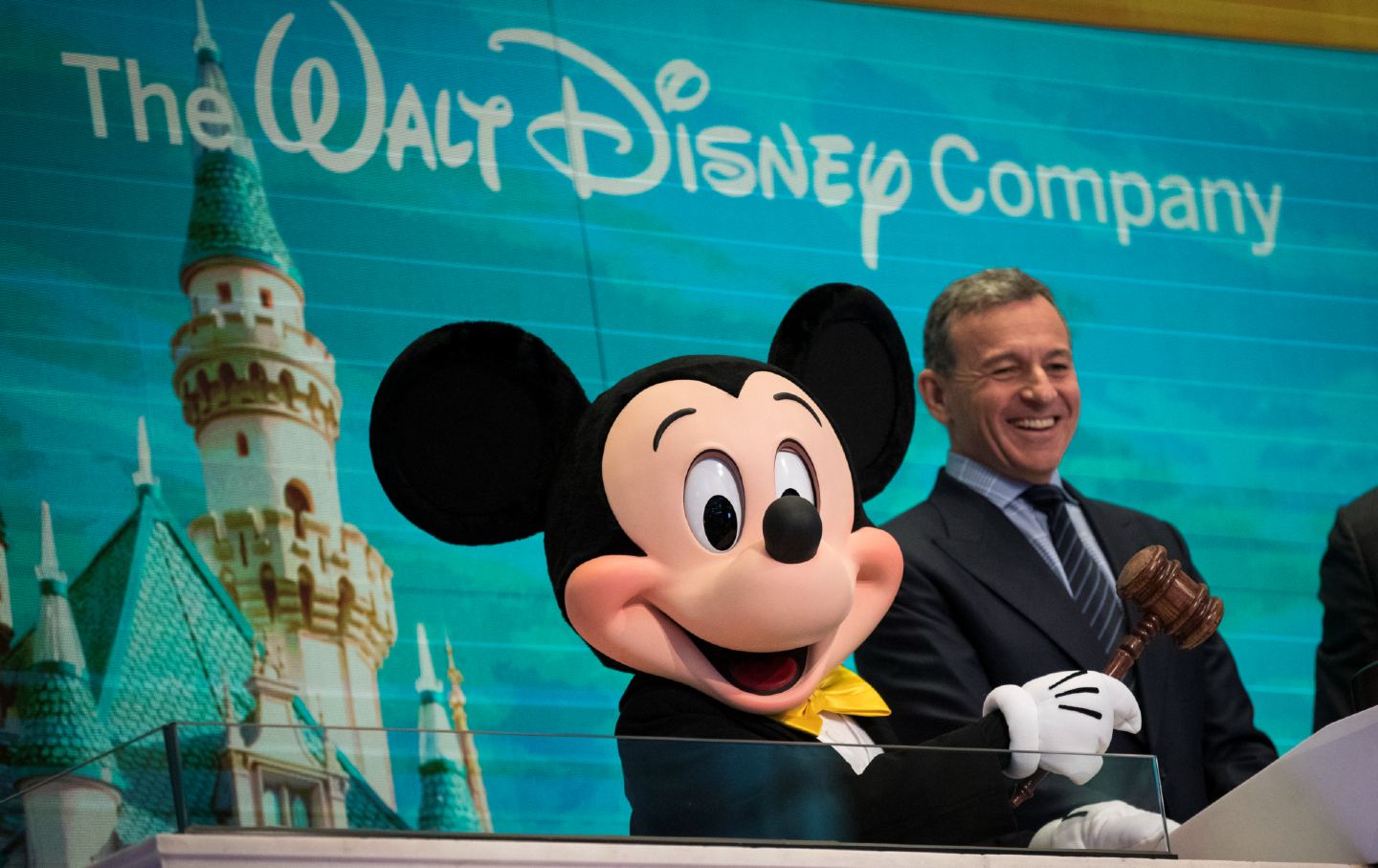
"After late-night TV host Jimmy Kimmel criticized Trump and his followers last month for seeking "to score political points" from the assassination of Charlie Kirk, Brendan Carr, Trump's chair of the Federal Communications Commission, threatened retaliation: "These companies can find ways to take action on Kimmel," he said, "or there's going to be additional work for the FCC." ABC quickly suspended Kimmel, and only after a massive public outcry did the company reverse course."
"One story we could tell about this episode is that democratic resistance worked. But the more important story is that the Trump administration's censorship-corruption cabal was made possible because of choices made by Republicans and Democrats over three decades to allow media power to be concentrated in just a few hands. That's the only reason Carr could even attempt something so shameless."
"Twenty years ago, many big-city markets had multiple, independently owned network affiliates. Now, because of relaxed oversight and increasing consolidation, apparent "competitors" often share resources or even combine operations. The big picture is even more daunting. In 1983, the media scholar Ben Bagdikian warned that with just 50 corporations dominating the media landscape, democracy was under threat. Now Comcast, Paramount, and Disney form a tight club of oligarchic media "rivals." Comcast owns NBC, Telemundo, Universal Pictures, Illumination, DreamWorks Animation, Focus Features, Universal Television, Universal Parks"
Decades of deregulatory choices concentrated media ownership in a handful of corporations, empowering political actors to pressure platforms and broadcasters. The Trump administration used FCC threats to intimidate media after criticism, prompting ABC to briefly suspend Jimmy Kimmel until public backlash forced reversal. Consolidation has reduced independent local affiliates, encouraging resource sharing or combined operations that erode competition. Media dominance by conglomerates like Comcast, Paramount, and Disney creates oligarchic rivals that threaten democratic accountability. Structural anti-corruption protections are necessary because reliance on hope, shame, or public outcry cannot reliably prevent censorship and political coercion.
Read at The Nation
Unable to calculate read time
Collection
[
|
...
]